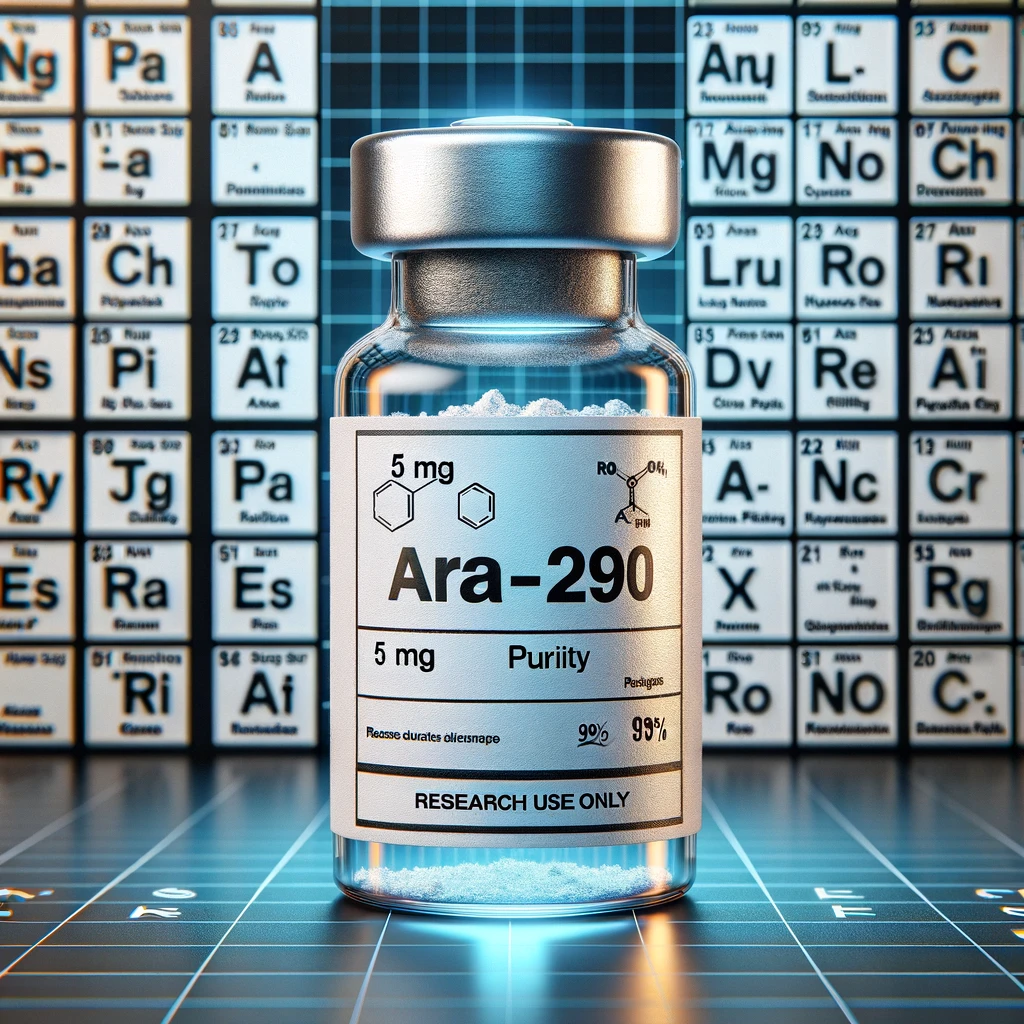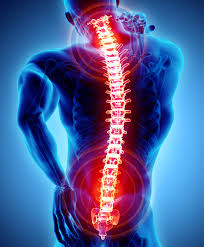Tag: Recovery Time

Maximizing Muscle Recovery and Growth: The Role of ARA-290 Peptide in Bodybuilding
Maximizing Muscle Recovery and Growth: The Role of ARA-290 Peptide in Bodybuilding In the quest for peak physical performance and rapid recovery, bodybuilders and fitness enthusiasts are continually exploring the frontiers of science for an edge. Enter ARA-290, a peptide originally developed for nerve repair, which has recently gained attention in the bodybuilding community for…

How Growth Hormone Therapy Enhances Recovery of Patients with Spinal Damage
Researchers have found that combining human growth hormone and physical therapy helps people with severe spinal damage recover faster. The results of the study presented to the European Endocrinology Society show that daily treatment with GH produced significant positive changes in sensory functions of the spinal structure. GH triggers the production of a chemical by the pituitary gland which helps in the regeneration of new nerves. Although the findings are not conclusive, there is overwhelming evidence that this method could be used in the future to fully treat people with the condition. This article will discuss the efficiency of Growth Hormone Therapy in managing various types of spinal injury.
About Severe Spinal Injury
Spinal injury is a result of a series of interferences of parts of the nervous system. Denervation, which is the loss of nerve activity in the affected region’, is the most obvious sign that the injury is severe, and thus can be described as traumatic. Once the human muscle starts losing some nerve components such as endplates and myofibrils, its atrophy changes significantly. Atrophy is known to increase with the level of denervation and this will eventually render one virtually immobile.
It is important to note that prolonged spinal injuries are harder to reverse because reinnervation becomes quite difficult. Even in the case of growth hormone therapy, the success of the procedure depends on the length of the period before intervention. That is to say that the sooner a spinal injury is addressed using any medically approved method the better. The process of axonal generation, which is essential in maintaining a healthy spine, is greatly affected by the affected nerve’s inability to secrete neurotrophic chemicals. The lack of neurotrophic chemicals weakens the bungner bands, further complicating recovery from traumatic spinal damage.
Related Article: Human Growth Hormone Role In Bodybuilding
Axonal Regeneration
Axonal regeneration is the only sure way of treating the spinal injury. Several therapies have been proposed and experimented with to fix the condition but the results have not been satisfactory. Most of the methods tested have only managed to accelerate axonal generation have only done so to a certain level. However, scientists and physicians are still carrying out more experiments to find a method that will help regenerate these important elements to the desired level.
Efficacy of Growth Hormone (HG) in Nerve Regeneration
Among all therapeutic methods tested so far, injection with the growth hormone has been found to have greater success in increasing nerve regeneration for patients with spinal injury. Naturally, the growth hormone is produced by the pituitary gland. However, the body’s ability to produce the hormone may be hindered by factors such as old age, poor diet, or injury. As mentioned earlier, the hormone plays an important role in nerve regeneration. Therefore, its levels can be boosted through the administration of a synthetic growth hormone.
Additionally, people who have suffered from traumatic spinal injury tend to produce an amount of hormone that is below normal levels. This phenomenon is quite strange and scientists continue to try and find out the reason behind it. Nevertheless, such patients with this problem can be injected with synthetic growth hormone to cater to the deficit. In addition to increasing GH to the required levels, the treatment enhanced nerve regeneration to maintain denerved muscles in patients whose nerves have been compromised.
> > HUMAN GROWTH HORMONE
